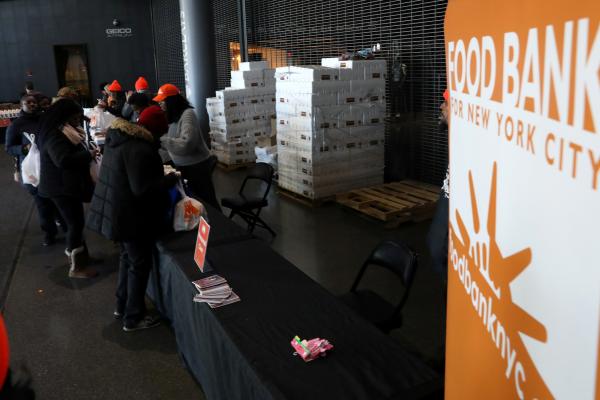As the federal government shutdown enters a painful second month, the human consequences and costs continue to grow. President Trump’s sham “compromise” over the weekend failed to break the impasse as Democrats continue to hold firm to the principled demand that negotiations over border security take place only after the government is reopened. Today, the Senate is set to vote on this “compromise” as well as a bill that would simply reopen the government for a few weeks to allow serious negotiations without the operations of the government held hostage. The second bill is the one we should urge senators to vote for, though the president and Republican Leader Mitch McConnell are urging Republican senators to vote against it as Trump feels its passage would weaken his negotiating position.
Read the Full Article

